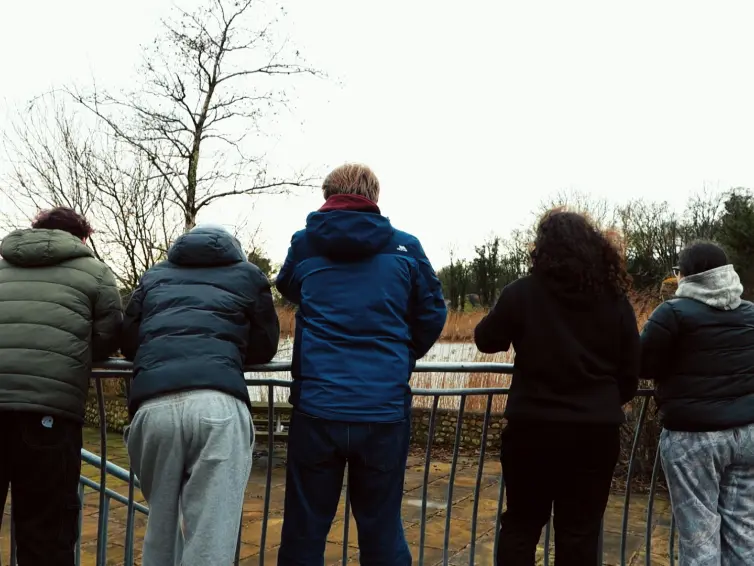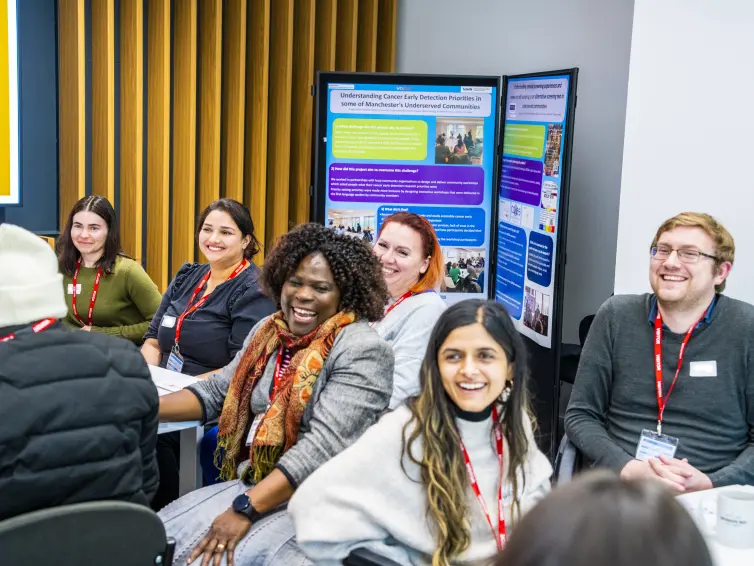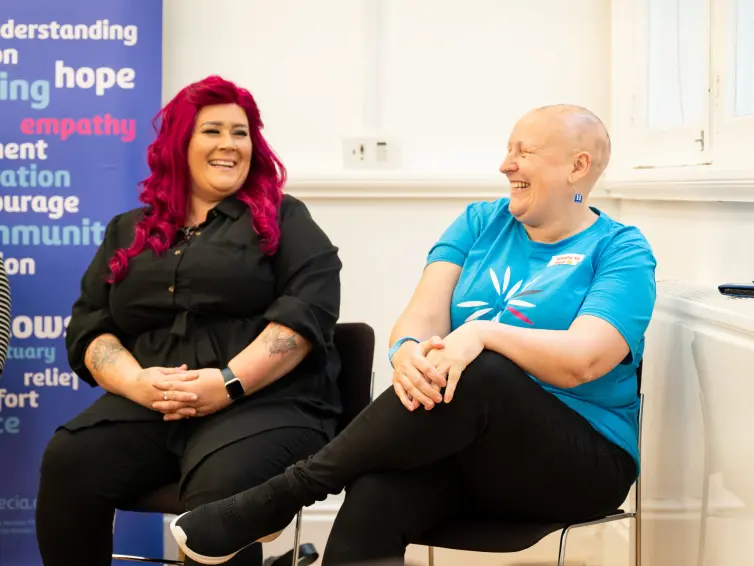Am I imagining this?
Shanali shares her thoughts on self-management and movement whilst living with Vasculitis
Shanali tells us why we should talk more about self-management and why movement isn’t just physical, as part of #MyMSKStory, a social media campaign to raise awareness of musculoskeletal (MSK) conditions and research.
My name is Shanali and I am a contemporary artist, educator, writer, and retired clinician living with a rare condition called Vasculitis.
Vasculitis is an autoimmune condition that can affect number of different organs, and it can mimic other diseases. The symptoms are broad and varied and it can take up to 3-4 years to diagnose on average.
Where it started
I was training as a Rheumatologist when my illness started, taking me on the unexpected journey of becoming a patient in my own clinical specialty. The landscape of my everyday changed drastically, my daily routine suddenly was upside down and I lost all functional independence and freedom that I’d taken for granted.
Everything revolved around coping. Adapting. Adjusting. Numerous A&E, hospital admissions, multiple consultations with specialists from different disciplines gave me valuable insights into what the patient’s journey is like.
The everyday struggles and frustration patients face, especially when symptoms are not clear cut, all felt different when I was on the other side of the desk and it took a long time for all the dots to be connected. Up until then I’d seen, investigating, diagnosing and managing disease as a black and white reality. Going through the patient journey is a reality with many shades of grey.
Going through the patient journey is a reality with many shades of grey.
Movement isn’t just physical
Health is a state of complete physical, mental and social well-being and not merely the absence of disease or infirmity
World Health Organisation (WHO)
People with musculoskeletal (MSK) conditions, especially if rare, are affected by many forms of ‘movement’. For me there has been movement throughout my journey with Vasculitis, whether it's physical, emotional, spiritual, social, or cultural.
For almost 3 years I struggled with my symptoms both physically and emotionally before I started treatments. During this period, every time I went to A&E I was told this was all stress-related because of everything that was going on. At one point, I too, started to question myself ‘Am I imagining’ all this? If there is something going on, why isn’t anyone listening to me or believing in what I am saying?’. That to me, was more distressing than my physical symptoms.
Exploring what ‘movement’ means to me beyond its physical meaning, looking at the cultural, spiritual, social and emotional aspects through art, played an integral part in my healing process.
I believe that MSK research and the health care system should address the hidden needs of people with an MSK condition.
How are people with MSK conditions managing their movement on a day-to-day basis? Pacing exercise with fatigue and joint pain is a real challenge.
The importance of self-management
To cope with Vasculitis I had to learn to accept my new circumstances and understand the limitations I would face in my new reality. From my experience, adapting to find ways around limitations plays a central role in rebuilding confidence.
Regaining a sense of control, a sense of purpose became a significant component that inspired me to move forward with my life and work. In my experience investing in yourself, knowing you have power over your condition, taking ownership and responsibility over your wellbeing is key to better managing your condition.
Art was a key outlet for me to cope with my every day challenges, enabling me to explore my wellbeing through a different lens.
Why I shape research:
This is the reason why I am keen to help shape research and highlight the unmet need when it comes to self-management and how we go about improving this strand of care. My take home message is that an effective care plan isn’t just about managing symptoms, but also about improving quality of life addressing every facet of the lived experience.
I believe that MSK researchers and healthcare professionals should look beyond present management strategies and support more holistic solutions for patients. More dialogue between clinicians, researchers and people living with an MSK condition is needed to ensure that the care of the latter includes self-management, self-care and movement that work for them.


